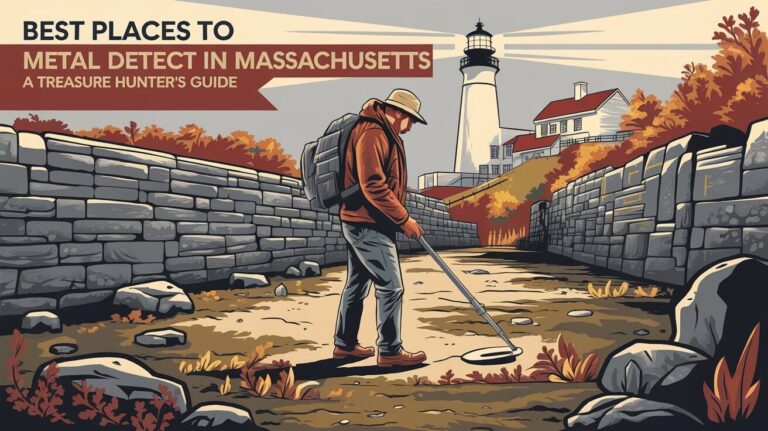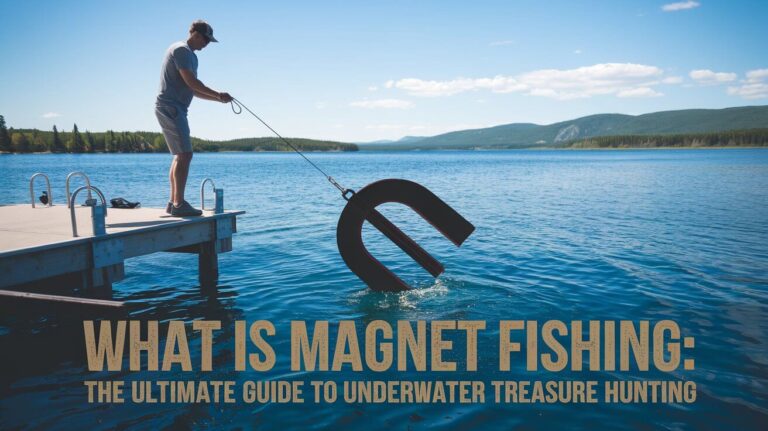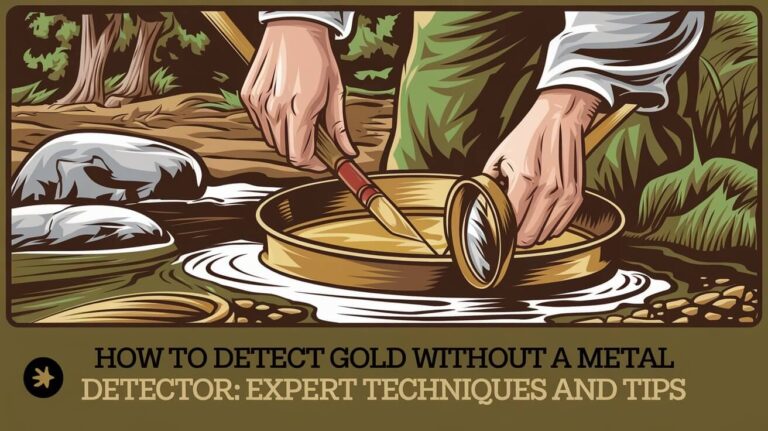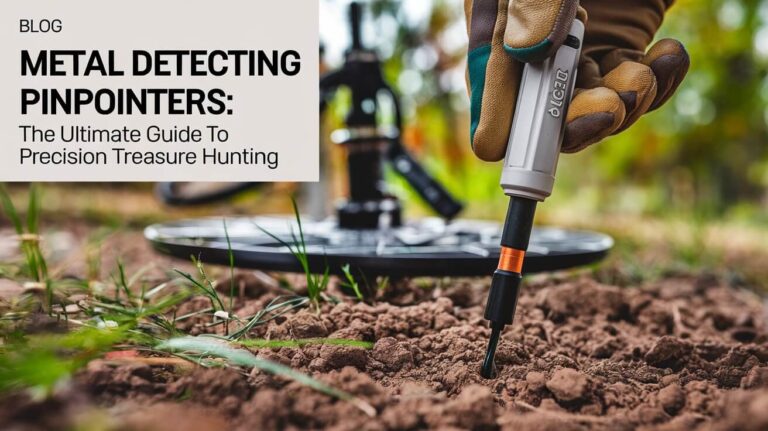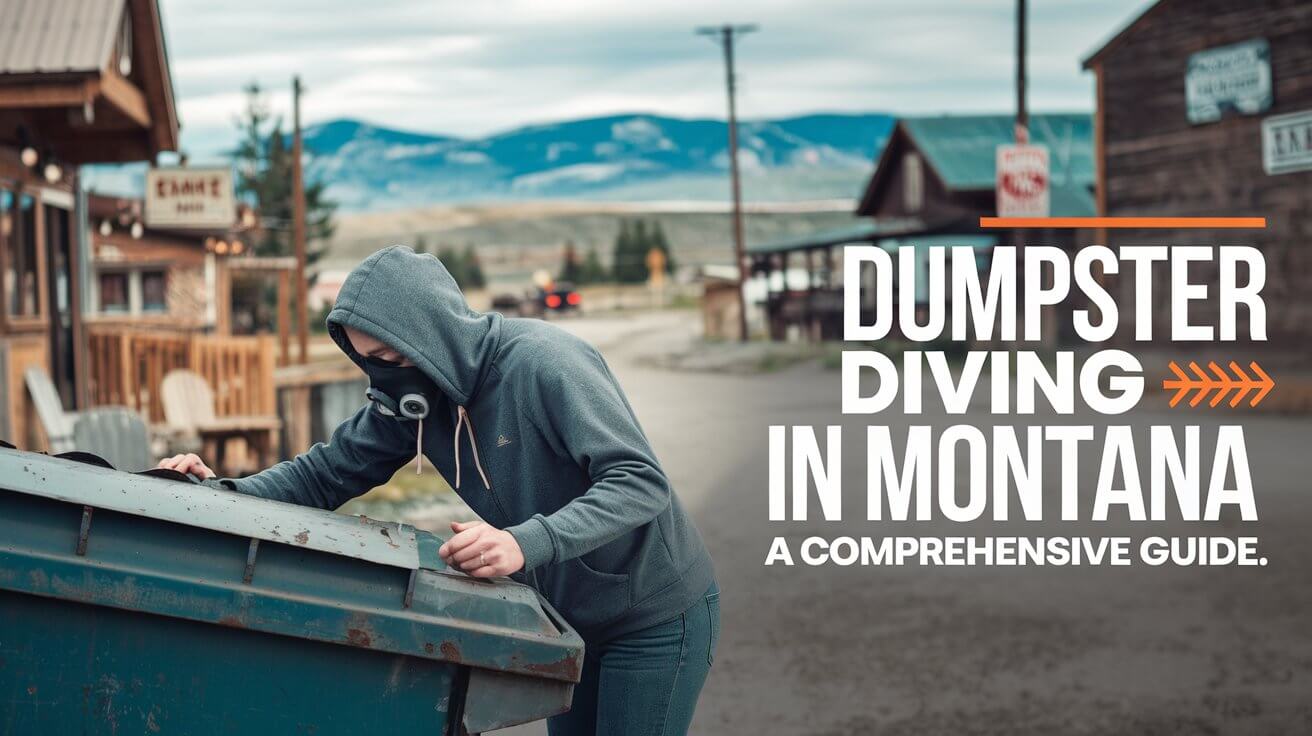
Dumpster diving in Montana offers a unique way to find hidden treasures and reduce waste. This practice involves searching through commercial, residential, or industrial dumpsters to find usable goods that have been discarded. While it may seem unconventional, dumpster diving has gained popularity in recent years as people become more environmentally conscious and seek alternative ways to acquire goods.
In this guide, we’ll explore the ins and outs of dumpster diving in Montana. From legal considerations to best practices, prime locations, and potential finds, we’ve got you covered. Whether you’re a curious newcomer or an experienced diver, this article will provide valuable insights into the world of dumpster diving in Big Sky Country.
What is Dumpster Diving?
Definition and Basic Concept
Dumpster diving is the practice of sifting through commercial, residential, or industrial dumpsters to find usable goods that have been thrown away. It’s a form of urban foraging that has gained traction in recent years as people look for ways to reduce waste and save money.
In Montana, dumpster diving has become increasingly popular. Many divers see it as a way to rescue perfectly good items from landfills while also scoring free goods. From food to furniture, electronics to clothing, you’d be surprised at what people throw away.
History of Dumpster Diving
The concept of dumpster diving isn’t new. People have been salvaging discarded items for centuries. However, the term “dumpster diving” gained popularity in the 1980s, coinciding with growing awareness of consumer waste.
In Montana, the practice has evolved over time. What was once seen as a desperate act has become a conscious choice for many. Today, dumpster divers in Montana range from college students looking to furnish their apartments to environmentalists trying to reduce waste.
The Legal Landscape of Dumpster Diving in Montana
State Laws and Regulations
When it comes to dumpster diving in Montana, the legal situation is a bit murky. There’s no specific state law that outright bans the practice. However, this doesn’t mean it’s always legal.
In Montana, once something is thrown away, it’s generally considered abandoned property. This means that technically, you could argue that dumpster diving isn’t theft. But here’s the catch: while the items in the dumpster might be up for grabs, the dumpster itself is usually on private property.
City-Specific Ordinances
While state law doesn’t explicitly prohibit dumpster diving, some Montana cities have their own rules. For example:
- Missoula: There are no specific laws against dumpster diving. However, the city prohibits trespassing with the intent to collect recyclables from private dumpsters without permission.
- Kalispell: The city bans scavenging for recyclables from receptacles without consent, even on public property.
- Billings: While not explicitly banned, the city code prohibits disturbing waste placed in refuse containers.
Always check local ordinances before diving in any Montana city.
Trespassing Concerns
The biggest legal issue with dumpster diving in Montana isn’t about taking the trash – it’s about where the dumpster is located. Most dumpsters are on private property, and entering private property without permission is trespassing.
To stay on the right side of the law:
- Stick to public property
- Get permission from property owners
- Don’t break locks or climb fences
- Leave if asked to do so
Remember, even if dumpster diving itself isn’t illegal, trespassing is. It’s always better to play it safe and avoid any potential legal troubles.
Best Practices for Dumpster Diving in Montana
Safety Tips
Dumpster diving in Montana can be exciting, but safety should always come first. Here are some crucial tips:
- Wear thick gloves to protect your hands from sharp objects.
- Use a flashlight or headlamp for better visibility, especially at night.
- Never climb into a dumpster – you could get trapped or injured.
- Be aware of your surroundings and potential hazards.
- Avoid diving alone – bring a buddy for safety.
- Watch out for needles, broken glass, and other dangerous items.
- Clean and sanitize any items you take home.
Ethical Considerations
While dumpster diving in Montana can be rewarding, it’s important to follow some ethical guidelines:
- Leave the area cleaner than you found it.
- Don’t take more than you need.
- Respect “No Trespassing” signs and private property.
- Be discreet and avoid making noise that could disturb others.
- Don’t resell items marked as “destroyed” by the store.
- Share your finds with others in need when possible.
What to Bring
Proper preparation can make your Montana dumpster diving experience much more successful and enjoyable. Here’s a list of essential items:
- Sturdy gloves
- Flashlight or headlamp
- Hand sanitizer
- Grabber tool or stick for reaching items
- Bags or containers for your finds
- Comfortable, washable clothes
- Sturdy shoes with good traction
Prime Locations for Dumpster Diving in Montana
Grocery Stores
Grocery stores in Montana can be goldmines for dumpster divers. Many throw out perfectly good food that’s just past its sell-by date. Some popular spots include:
- Trader Joe’s
- Whole Foods
- Albertsons
- Safeway
Remember, timing is key. Try to visit just after closing time or early in the morning before the garbage trucks arrive.
Retail Outlets
Big box stores and retail outlets often discard returned items, overstock, or slightly damaged goods. In Montana, some promising locations include:
- Walmart
- Target
- Costco
- Fred Meyer
These stores frequently update their inventory, leading to regular discards of usable items.
College Campuses
Montana’s college towns like Missoula, Bozeman, and Billings offer great opportunities for dumpster diving, especially during move-out periods. Students often discard furniture, electronics, and other valuable items when leaving dorms or apartments.
Some key times to check campus dumpsters:
- End of spring semester (May-June)
- End of summer sessions (August)
- Winter break (December-January)
Construction Sites
Construction dumpsters in Montana can yield a variety of useful materials:
- Wood scraps
- Metal pieces
- Tools
- Building supplies
Always be cautious and respectful when diving at construction sites. Never enter active construction areas or take anything that could be needed for the project.
What Can You Find While Dumpster Diving in Montana?
Food Items
Montana dumpster divers often find an array of edible food items:
- Fresh produce slightly past its prime
- Packaged goods near expiration dates
- Baked goods from the previous day
- Canned foods with minor dents
Always use your best judgment and thoroughly inspect any food items before consuming them.
Furniture and Home Goods
You’d be surprised at the quality furniture and home items discarded in Montana:
- Couches and chairs
- Tables and desks
- Lamps and decor items
- Kitchenware and appliances
Many of these items are in good condition or need only minor repairs.
Electronics
Electronic waste is a growing problem, but it’s a boon for dumpster divers in Montana:
- Computers and laptops
- Smartphones and tablets
- TVs and monitors
- Small appliances
Often, these items are discarded due to minor issues and can be repaired or used for parts.
Clothing and Accessories
Retail dumpsters in Montana frequently contain discarded clothing:
- Out-of-season items
- Slightly damaged pieces
- Overstock or unsold inventory
- Returned items
Many of these clothes are in great condition and just need a good wash.
Best Times for Dumpster Diving in Montana
Seasonal Considerations
Different seasons offer unique opportunities for dumpster diving in Montana:
- Spring: Perfect for finding garden supplies and spring cleaning discards.
- Summer: Great for fresh produce and outdoor gear.
- Fall: Look for back-to-school items and Halloween decorations.
- Winter: Holiday decorations and gift items are common finds.
Weekly and Daily Timing
Timing is crucial for successful dumpster diving in Montana:
- Weekdays: Many stores restock and discard items mid-week.
- Weekends: Restaurants and events often generate more waste.
- Late Night: Most stores do their final trash runs after closing.
- Early Morning: Beat the garbage trucks by diving at dawn.
Remember, consistency is key. Regular visits to your favorite spots will yield the best results.
The Environmental Impact of Dumpster Diving in Montana
Reducing Waste
Dumpster diving plays a significant role in reducing waste in Montana. By rescuing usable items from landfills, divers help:
- Decrease the amount of trash in landfills
- Reduce the need for new product production
- Lower greenhouse gas emissions from decomposing waste
In a state known for its natural beauty, many Montanans see dumpster diving as a way to preserve their environment.
Challenges and Criticisms
Despite its benefits, dumpster diving in Montana faces some challenges:
- Health and safety concerns
- Potential for increased littering if not done responsibly
- Criticism from businesses who see it as a liability
Some argue that dumpster diving doesn’t address the root cause of waste. However, many divers see it as a practical solution while working towards larger systemic changes.
The Dumpster Diving Community in Montana
Online Forums and Groups
Montana’s dumpster diving community is active online. Popular platforms include:
- Facebook groups dedicated to Montana dumpster diving
- Reddit threads where divers share tips and finds
- Local freecycling websites
These online communities offer support, advice, and a place to share experiences.
Local Meetups and Events
In-person gatherings are also common among Montana’s dumpster diving community:
- Group diving sessions
- Skill-sharing workshops
- Upcycling events
These meetups foster a sense of community and help spread knowledge about responsible diving practices.
Success Stories: Big Finds in Montana’s Dumpsters
Valuable Items Recovered
Montana dumpster divers have reported some impressive finds:
- A college student in Missoula found an expensive mountain bike needing only minor repairs.
- A diver in Billings discovered an antique glass lamp worth over $1000.
- In Kalispell, someone found a backpack full of jewelry, including a Tiffany bracelet.
These stories highlight the potential treasures hiding in Montana’s dumpsters.
Life-Changing Discoveries
Some finds have had a significant impact on divers’ lives:
- A family in Bozeman furnished their kids’ rooms entirely with dumpster finds.
- A Helena diver regularly finds high-end pet supplies, saving hundreds on pet care.
- One college student in Great Falls furnished their entire apartment for free from move-out dumpsters.
These experiences show how dumpster diving can provide substantial financial benefits.
Alternatives to Dumpster Diving in Montana
Food Banks and Donation Centers
For those uncomfortable with dumpster diving, Montana offers alternatives:
- Montana Food Bank Network
- Local church food pantries
- Community fridges in some cities
These resources provide free or low-cost food to those in need.
Freecycling and Buy Nothing Groups
Montana has active freecycling communities:
- Freecycle.org has several Montana chapters
- Facebook “Buy Nothing” groups in many towns
- Local swap meets and free markets
These groups allow people to give away unwanted items directly to others who can use them.
The Future of Dumpster Diving in Montana
Changing Attitudes and Policies
The future of dumpster diving in Montana is likely to evolve:
- More cities may pass ordinances regulating or restricting diving.
- Businesses might increase security measures around dumpsters.
- Growing awareness of food waste could lead to more donation programs.
As attitudes change, the practice of dumpster diving may need to adapt.
Technological Impacts
Technology could significantly impact dumpster diving in Montana:
- Apps connecting divers with businesses looking to reduce waste
- Improved inventory tracking leading to less overstock and waste
- Online platforms facilitating easier sharing of unwanted items
These advancements could change how Montanans approach waste and reuse.
Frequently Asked Questions About Dumpster Diving in Montana
Legal Concerns
Q: Is dumpster diving legal in Montana? A: There’s no state law explicitly banning it, but local ordinances and trespassing laws may apply.
Q: Can I get in trouble for dumpster diving? A: Yes, especially if you’re trespassing on private property or breaking local ordinances.
Health and Safety
Q: Is it safe to eat food from dumpsters? A: Use caution and thorough inspection. Packaged, non-perishable items are generally safer.
Q: What precautions should I take when dumpster diving? A: Wear gloves, use a light, avoid climbing in dumpsters, and be aware of your surroundings.
Etiquette and Best Practices
Q: Should I ask permission before diving? A: When possible, yes. This can prevent legal issues and build positive relationships with businesses.
Q: What should I do if someone confronts me while diving? A: Remain calm, explain what you’re doing, and leave if asked. Never argue or trespass.
Conclusion: Is Dumpster Diving in Montana Right for You?
Dumpster diving in Montana offers a unique way to reduce waste, find valuable items, and challenge our consumer culture. While it comes with legal and safety considerations, many Montanans find it a rewarding practice.
Whether you’re motivated by environmental concerns, frugality, or the thrill of the hunt, dumpster diving can be an eye-opening experience. It reveals the extent of our waste problem while providing practical benefits to divers.
As with any activity, it’s crucial to approach dumpster diving responsibly. Respect local laws, prioritize safety, and always leave areas cleaner than you found them. With the right approach, dumpster diving can be a positive force in Montana’s communities.
Ultimately, the decision to dive is a personal one. By understanding the risks and rewards, you can make an informed choice about whether dumpster diving in Montana is right for you. Whatever you decide, remember that reducing waste and reusing items are principles we can all apply in our daily lives, diving or not.


